Description
ABSTRACT
The Termination of Long-Term Private Sector Financed Infrastructure Contracts
Dr. George Nwangwu*
Parties to a long-term infrastructure contract may, like parties to any other typical contract, wish to bring it to an end. However, long term contracts especially those dealing with infrastructure projects, are different from most regular contracts, presenting unique sets of challenges that mean that the standard rules of contract dealing with termination would be inadequate to facilitate a clean and equitable break-up. The reason for this is that long term infrastructure contracts usually involve the delivery of essential services to citizens and their termination would normally have adverse societal and economic consequences. The second reason is that these contracts usually involve the construction of ‘sunk’ assets with unamortised costs in the short and medium terms. The fact that the private sector investor would most likely not have recouped its investment therefore needs to be taken into consideration during termination. This means that if equity must be done between the contracting parties, then the private sector investor should be compensated for the assets that it cannot physically take away or of which it has not earned agreed returns on when the contract comes to a sudden end. This paper analyses the atypical nature of long-term infrastructure contracts, justifies why it ought to be treated differently and makes suggestions on how best to deal with some of the economic and legal issues that arise during their termination.
Keywords: Infrastructure, Long-Term Contracts, Termination, Investor.
INTRODUCTION
In simple terms, a ‘long term’ contract is one that lasts for a long period of time. There is no concurrence on the length of time that can be considered long enough for a contract to be deemed long term. The general agreement though is that the contract must have been intended to be in existence for a significant period of time, at least for more than one year. This is consistent with the position of the United Nations, which is of the view that a long term contract is: ‘An agreement/contract with a framework of terms and conditions, valid for a specified time period (usually more than one year)…’1 It appears that what determines how long a contract must be to be characterised as long term, is the use for which the contract is required.2 Therefore, for purposes of this paper dealing with privately financed infrastructure, a long term contract would for obvious reasons be significantly longer in duration than a typical contract before it can be characterised as long term. The determinant of the length of infrastructure contracts would involve three factors: the length of time it takes to construct the asset, the cost of the asset and the length of time it takes to amortize that cost, and finally the agreed return to the private sector investor and how quickly the investor is allowed to recoup those returns.
* Ph.D., BL. Managing Partner, Ratio Legal Practitioners. Dr. Nwangwu was a lecturer in the Department of Commercial Law, University of Lagos, and taught International Commercial Arbitration in the University of London (External Programme). He was also a Special Adviser to the former Coordinating Minister of the Economy and Hon. Minister of Finance on Infrastructure Finance and PPPs.
- C Terzi and JF Callejas, ‘Review of Long-Term Agreements in Procurement in the United Nations System’ [2013] United Nations Joint Inspection Unit Geneva 2.
- For Tax Purposes for Instance, the United States Internal Revenue Code S 460 (F), (I) requires that the contract must be one that is not completed within one tax year. While it is suggested in some quarters that long term contracts should be those that exceed 5 years.

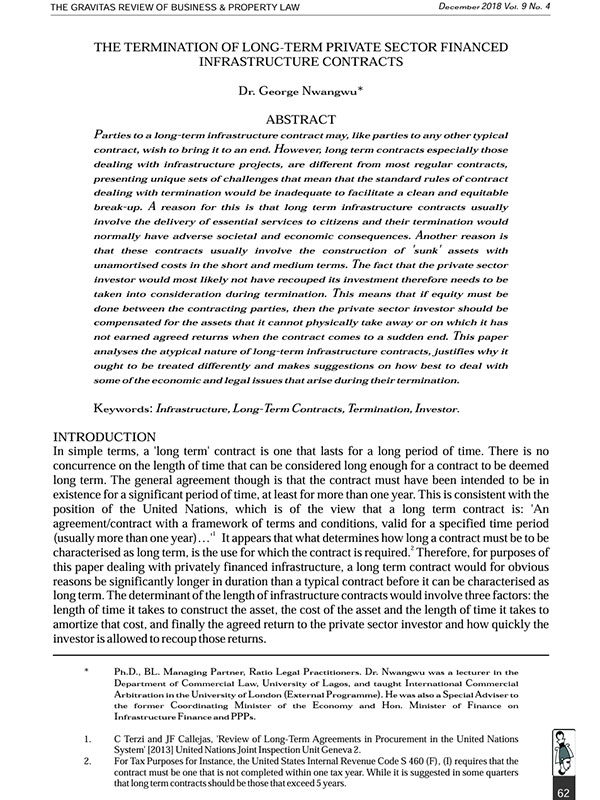
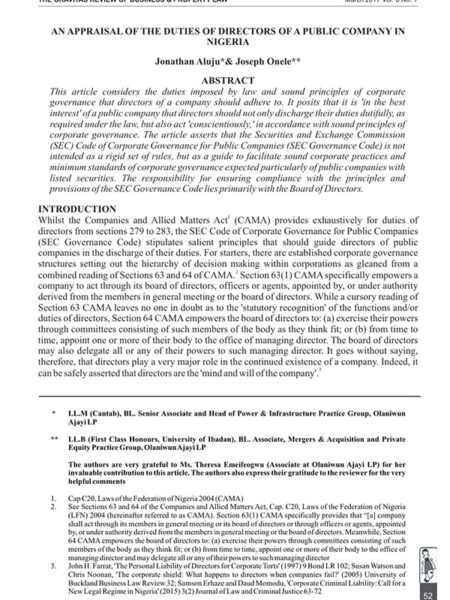
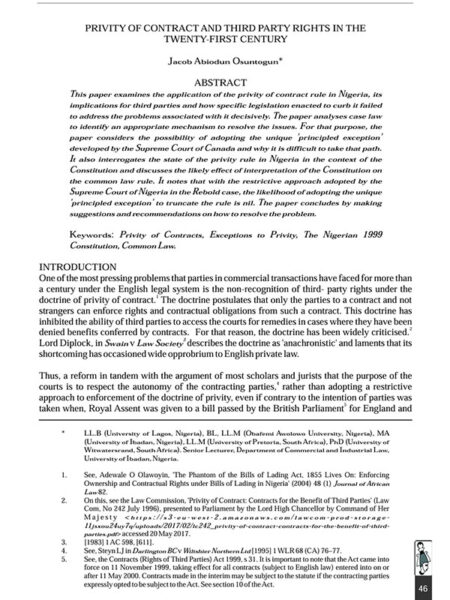
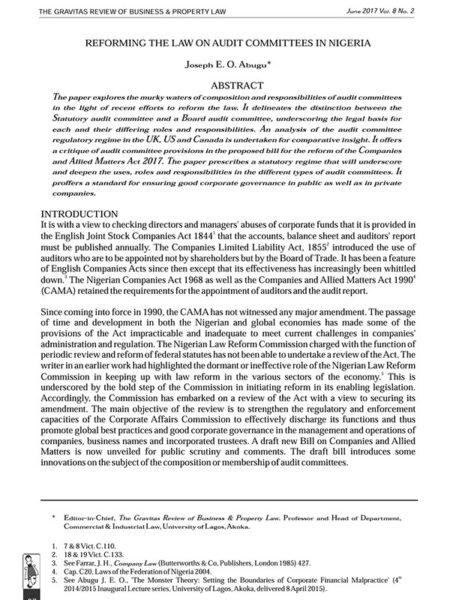
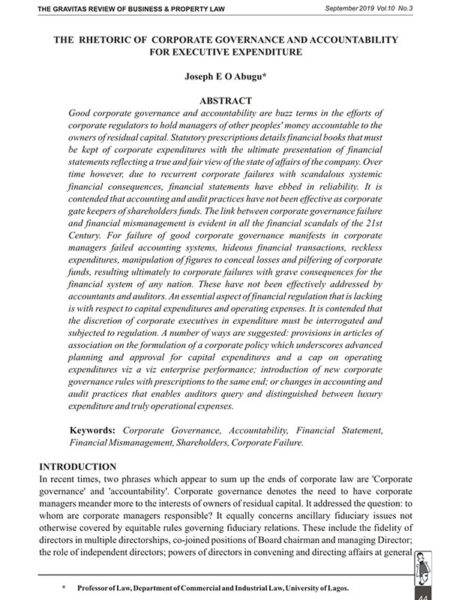


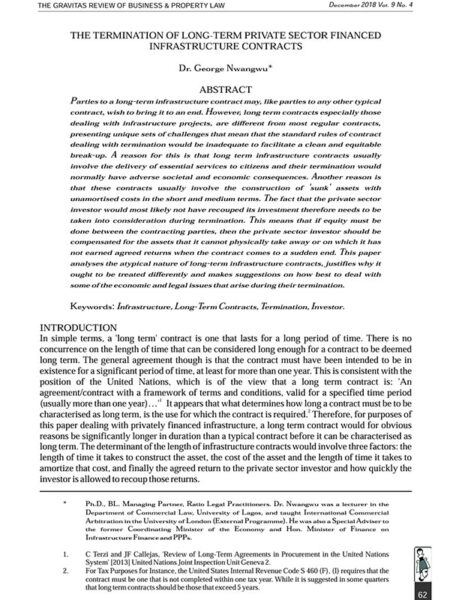
Reviews
There are no reviews yet.